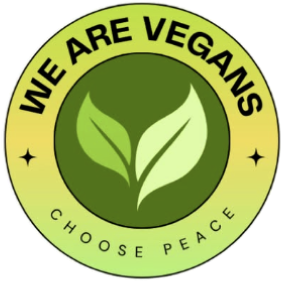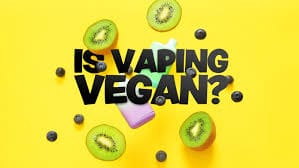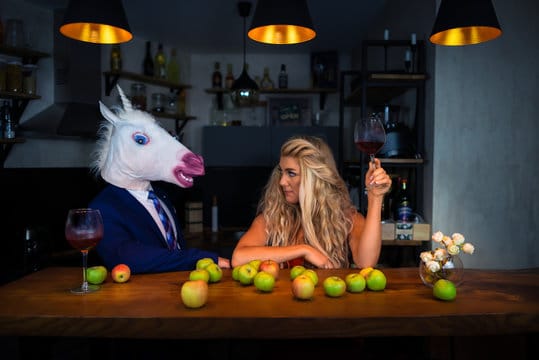Bacon-Wrapped Lies: The Meat Industry Unpeeled
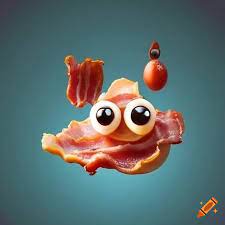
Bacon is often seen as the ultimate indulgence, crispy, salty, and undeniably delicious. It’s a staple of weekend breakfasts, indulgent burgers, and comfort food. But the truth about bacon (and meat in general) is far more unsettling than the mouthwatering imagery of sizzling pork in a skillet. The bacon we love is wrapped in a series of lies that the meat industry has been feeding us for decades. These lies are designed to make us ignore the suffering, exploitation, and environmental destruction that come with our food choices. It's time to peel back the layers and uncover the truth.
The Lie of “Humane” Farming
One of the most pervasive lies perpetuated by the meat industry is the idea of humane farming. We're told that animals raised for food are treated with care, respect, and even love before they’re sent to slaughter. The reality? While there may be small farms that try to practice more ethical methods, the industrial meat sector relies on mass confinement, inhumane conditions, and cruelty.
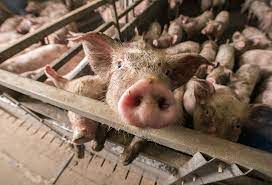
Pigs, the source of bacon, are often housed in small, barren cages, unable to turn around or engage in natural behaviors. Sows, female pigs, are confined to gestation crates for most of their lives, where they’re repeatedly impregnated to produce more pigs. Their babies are taken away, and the cycle repeats until they are sent to slaughter.
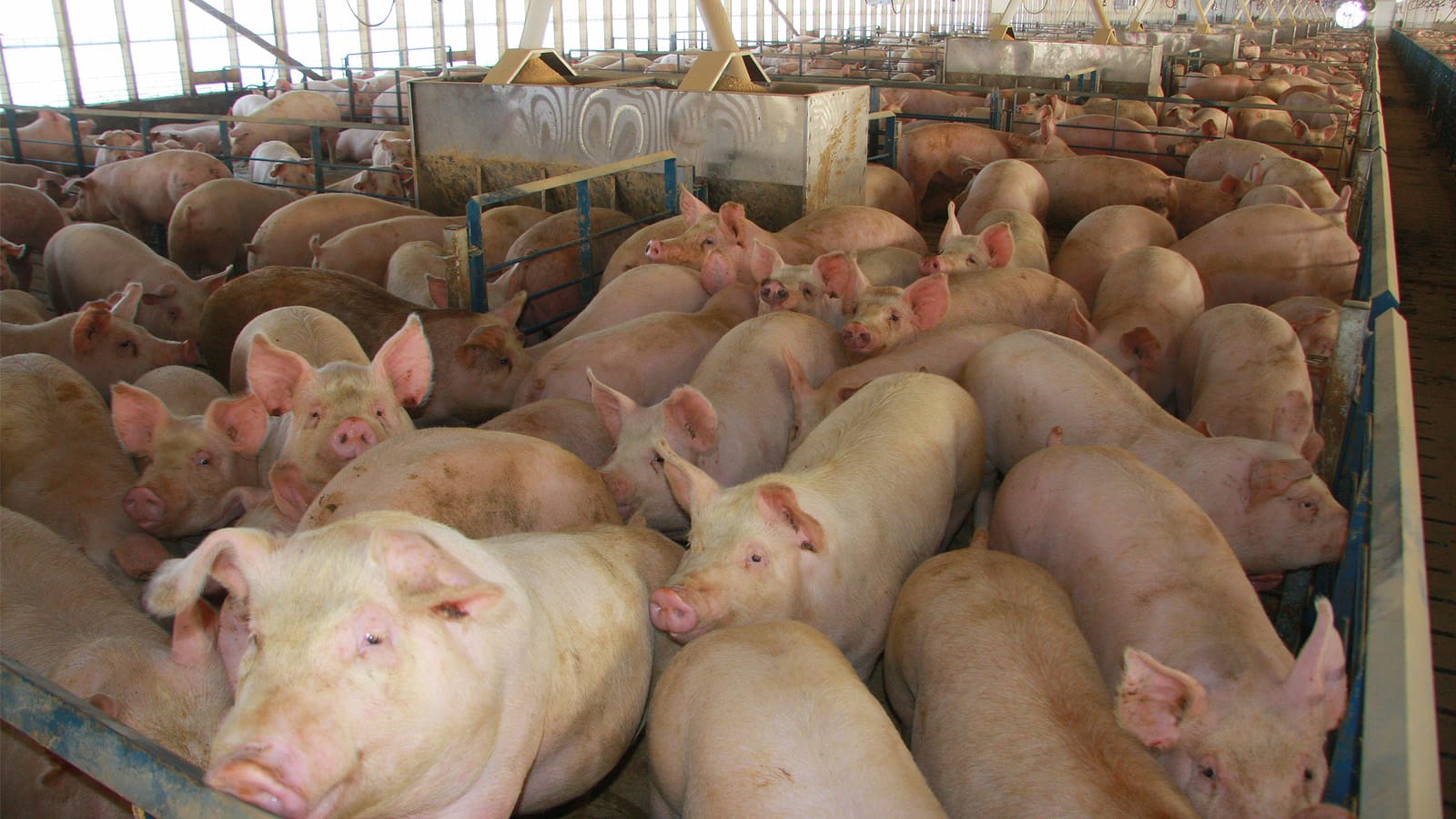
Even with the supposed "free-range" and "humane-certified" labels, the truth remains: these labels rarely offer true humane treatment. Free-range often means just a few feet of space for a brief period before being slaughtered. The term itself is so vague that it’s practically meaningless.
The Lie of "Natural" Meat
Another popular lie is that eating meat is somehow natural. We're told that humans have always eaten meat, that it's part of our evolutionary biology, and that it's a necessary part of a healthy diet. But the truth is, we are not biologically designed to consume large amounts of meat.
Our digestive systems are much more similar to herbivores than carnivores. We have flat teeth for grinding plant material, not sharp teeth for tearing flesh. Our intestines are long and designed to digest plant matter slowly. Meat consumption, particularly on a mass scale, puts immense strain on our bodies and has been linked to a range of health problems, including heart disease, cancer, and diabetes.
While our ancestors might have scavenged or hunted meat for survival, it wasn’t a daily part of their diet. Modern meat production is driven by convenience, profit, and cultural norms, not necessity.
The Lie of "Sustainable" Meat
The meat industry also claims that eating locally sourced or grass-fed meat is a more sustainable option. However, this is another falsehood. While it’s true that grass-fed meat might have a slightly smaller environmental footprint than factory-farmed meat, the environmental damage caused by meat production overall is staggering.
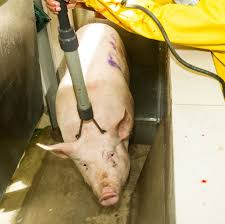
Meat production is one of the largest contributors to deforestation, water pollution, and greenhouse gas emissions. The livestock industry is responsible for more emissions than all of the world’s cars, planes, and ships combined. The land required to grow the feed for animals could be used to grow food directly for human consumption, which would be far more efficient and sustainable.
Even the “ethical” meat produced locally or on smaller farms requires a vast amount of resources to raise and slaughter animals. The true cost of meat is not just the financial price on your plate, it’s the irreversible damage to our planet’s ecosystems.
The Lie of Bacon as a "Guilty Pleasure"
One of the most insidious lies is the way the meat industry markets bacon as a “guilty pleasure”, a treat we deserve because it’s so irresistible. This narrative is built on normalizing the exploitation and suffering that comes with every slice of bacon. By framing it as a fleeting indulgence, we overlook the ethical cost of each bite.
Bacon is far from innocent. Each crispy strip represents a life of suffering for a pig, a contribution to the destruction of the planet, and a personal risk to your health. Yet we’ve been taught to associate it with happiness, freedom, and indulgence. In truth, every time we enjoy bacon, we’re not indulging in a harmless pleasure — we’re participating in a system of violence and destruction.
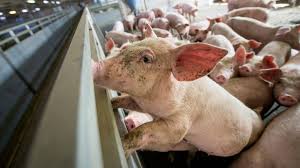
The Real Truth: A Better Way
The truth about bacon, meat, and the entire animal agriculture system is a bitter pill to swallow. But the good news is that we don’t have to keep swallowing the lies. The world is changing, and there are more alternatives than ever to help us move away from animal products. Vegan bacon, plant-based meats, and dairy-free cheeses are no longer niche items, they’re mainstream, delicious, and readily available.
Choosing plant-based options isn’t just about health, it’s about ethics and sustainability. It’s about recognizing that the meat industry is built on lies, and choosing to live in a way that aligns with your values. It’s time to stop buying into the bacon-wrapped lies and start making choices that benefit both your health and the planet.
Takeaway:
Bacon and meat might be wrapped in indulgence, but beneath it lies a painful truth. It's time to peel back the layers and make the change to a cruelty-free lifestyle. Your health, ethics, and the planet will thank you.
